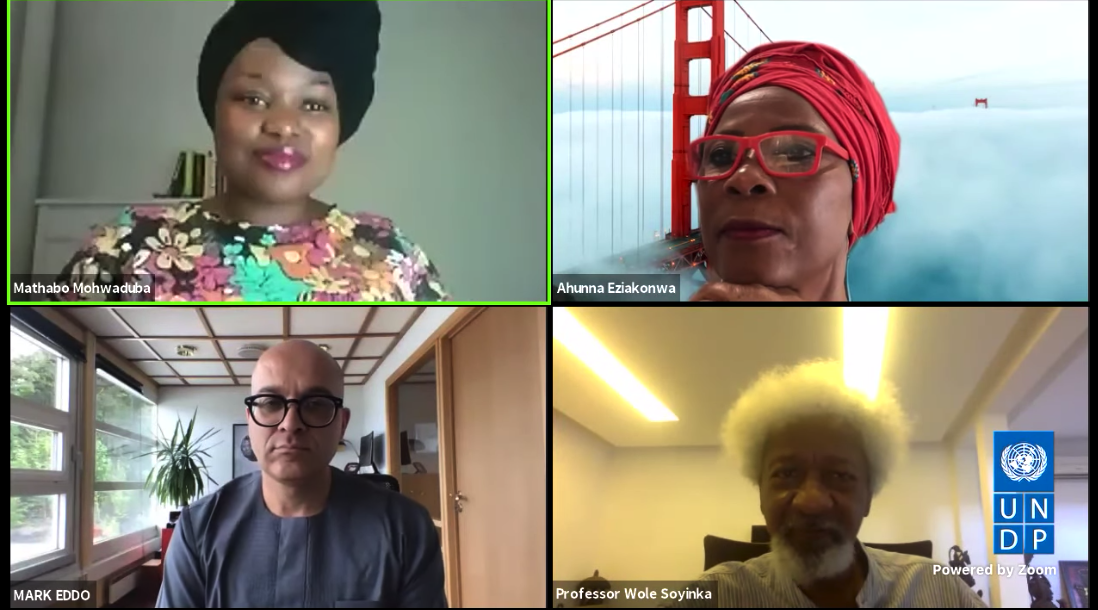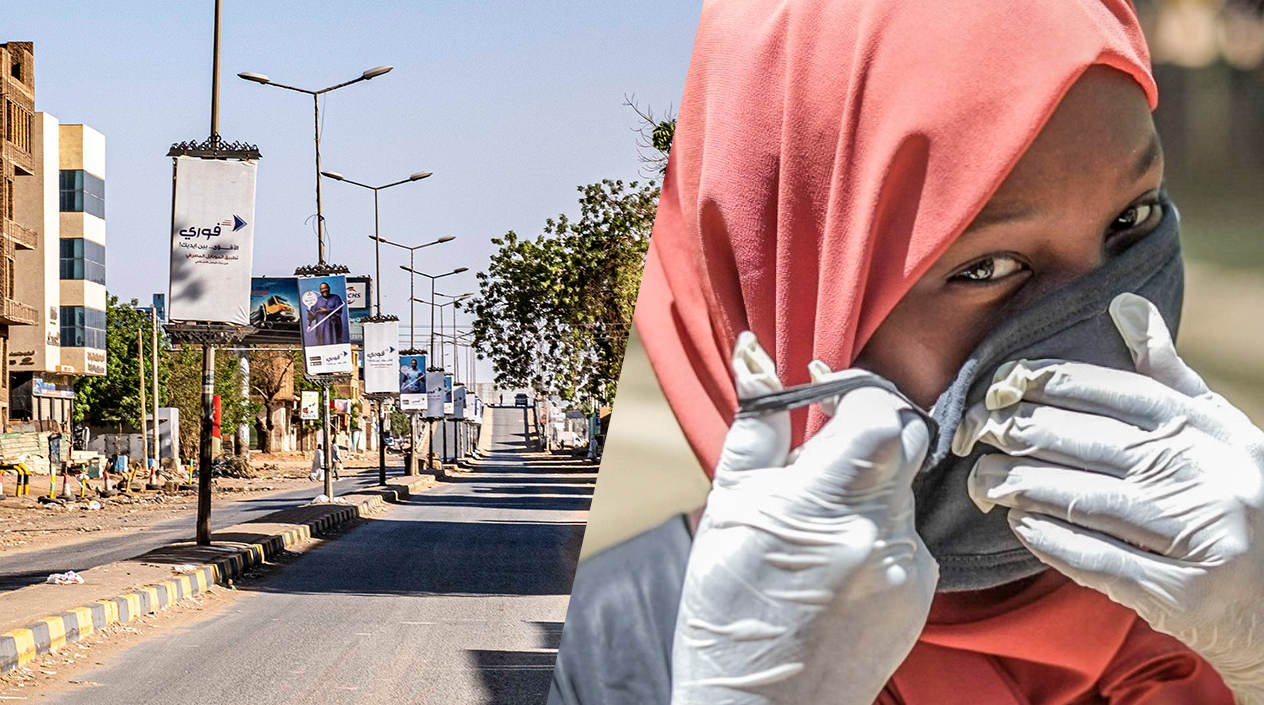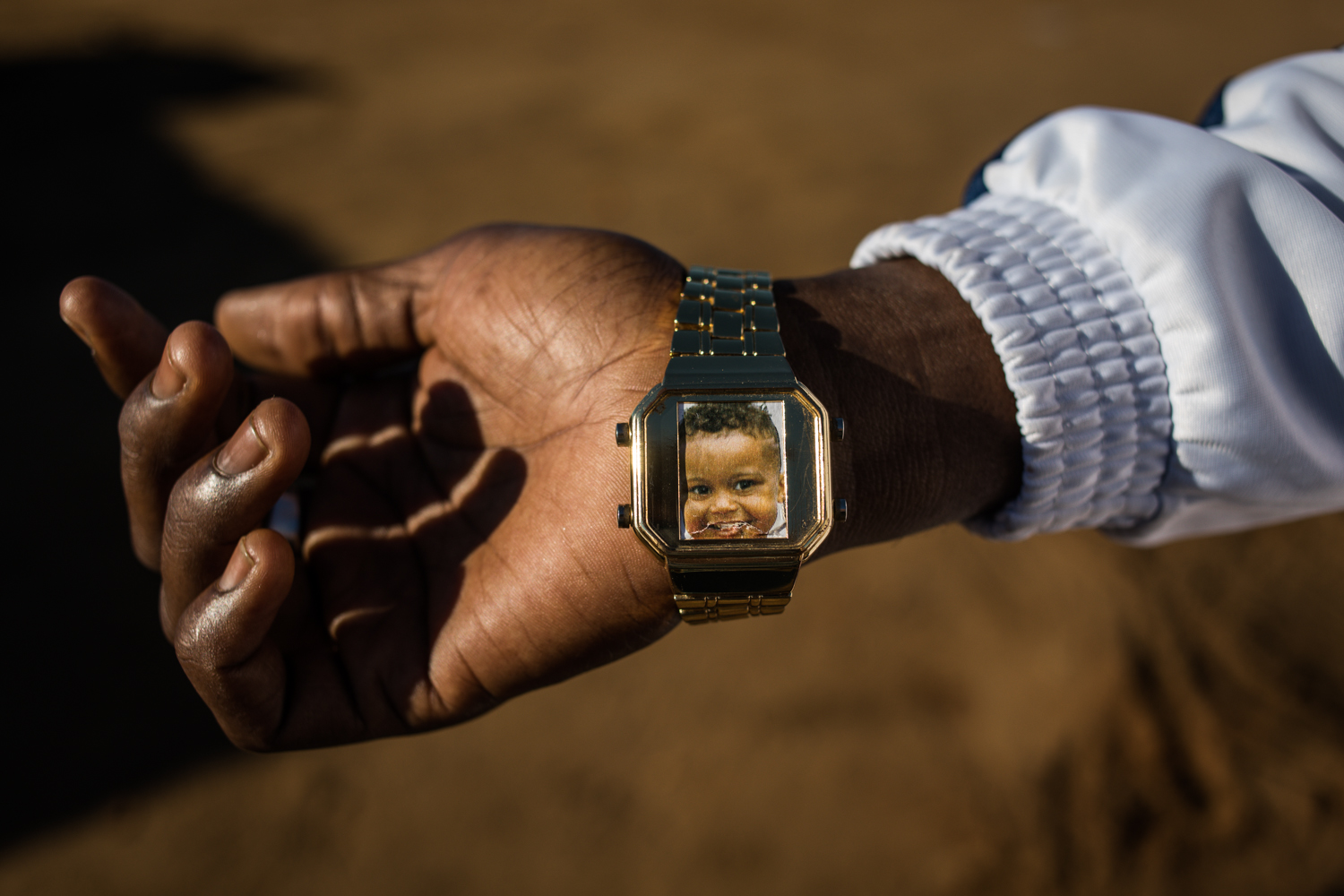“Ubuntu” a catalyst for change in post COVID-19 Africa, says Nobel Laureate Wole Soyinka
Recognizing our collective humanity
June 18, 2020
In the first edition of the UNDP’s Hekima Series, Nobel Laureate Professor Wole Soyinka shared his thoughts on a range of transformational solutions for a new Africa. The central theme was a call to focus on shared humanity as a tenet to achieving social, economic and political progress in Africa.
The Hekima Series – which means “wisdom” in Swahili – is organized as part of the UNDP Regional Bureau for Africa’s African Influencers for Development Initiative (#AI4Dev), and aims to explore new ideas and solutions to influence more people-centric policies to combat the impact of COVID-19 on African people and societies. The web-based dialogues complement UNDP Africa’s role in supporting African nations to build back better in recovering from COVID-19 and driving progress on the Sustainable Development Goals.
The crosscutting conversation amongst the over 500 participants was convened under the theme, “Catalyzing Change in Africa Beyond COVID-19.”
“COVID-19 was not a surprise to me. We have witnessed a series of pandemics in the history of the world, especially in Africa, whether it be SARS, Ebola, or HIV,” noted the professor. “But COVID-19 is a brute. It breaks up community. The peaks are happening where community is a way of life. We must take heed with social distancing. It is six foot apart, or six foot under,” he cautioned.
“The mistake I believe we make in Africa is to believe that our own methodology of coping with issues such as COVID-19 must be exactly the same as other societies. We initially tried to pursue the same lines of response as others – looking towards what happened in the United States, what happened in Italy or in the United Kingdom,” said Professor Soyinka, emphasizing the prevalence of replicated approaches in Africa rather than a reflection on unique contextual dynamics and harnessing of the potential of African people’s own knowledge and discoveries.
“COVID-19 is a brute. It breaks up community.”
Photo: UNDP Sudan
“We have to devise other means which relate to the way we were existing before COVID-19 but transcends it. What has been missing is the imaginative approach that preserves our way of living and yet manages to address the health concerns [while] at the same time caters for the health of everything individual within the community. It requires a collective action and is one of the reasons I got angry when there was an attempt at the beginning to treat this affliction here in Africa on dictatorial terms where somebody comes in from the external and dictates how you must adapt and what you do in the community,” he shared.
“We see ubuntu now, not just in Africa, but across the world. We've seen that COVID-19 can galvanize us to help each other. There's been tremendous acts of kindness that we've seen in a way that people have woken up to each other a great degree. How do we capitalize on that for the change that we want to see?” asked Professor Soyinka.
Reflecting on what could be done differently to tackle the multi-dimensional challenges COVID-19 brings, the professor responded: “There's no shortage of solutions being proposed [in Africa], however there is a disconnect between leadership and thinkers. Why don't the various African countries say we want to produce within these geographical borders the ideal model African state? It sounds impossible, it sounds extreme. I don't care whether it's a sort of pocket-sized nation, but one where all the African countries descend on it and say, listen, we are adopting you for three years and we're going to produce a model African nation.”
“There's no shortage of solutions..., however there is a disconnect between leadership and thinkers.”
"Young, energetic, radical, capable and educated African youth...are ready to take their seats at the table but often feel that they are denied the opportunity to do so.” Photo: UNDP Sierra Leone
The convener of the Hekima Series, Ms. Ahunna Eziakonwa, Assistant Secretary-General and Director of the UNDP Bureau for Africa, emphasized Professor Soyinka’s point: “We have a small window of opportunity, while COVID-19 has put us on our knees, to accept that humility and reimagine what development looks like. Reimagine the political order, the social contract and bring these perspectives to the center of the table. We have noted that every time we raise an issue that needs a solution, somebody makes reference to an existing framework or decision at the African Union or elsewhere, that's been there on the table but not really taken to the next level,” she said.
The Professor argued passionately for gender equality. “I have no patience for societies which reduce the potential and accessibility of opportunity of any gender. We must end this rape epidemic. If we continue to diminish half the world's population, women and girls, we brutalize and diminish our humanity.”
The conversation included young and dynamic African intellectuals such as Ms. Mathabo Mohwaduba – also an African Union-UNDP Young African Woman Leadership Fellow – who asked for Professor Soyinka’s advice to “young, energetic, radical, capable and educated African youth that are ready to take their seats at the table but often feel that they are denied the opportunity to do so.”
“To these youth”, said the Professor, “you are going to do all the work. It will not be us who bail you out. It's about time we [older generation] left this stage to you now. There are many answers, many positions, many approaches for the younger generation to mobilize themselves around and take power. My response is to listen to them,” he said, adding that the initiative of a joint letter from African intellectuals in response to COVID-19 was led by a younger generation of scholars.
“If we continue to diminish half the world's population, women and girls, we brutalize and diminish our humanity.”
Another young thought leader, Mr. Bright Simons, a Ghanaian social innovator, entrepreneur, writer, was able to share his appreciation of Professor Soyinka’s catalogue of written works and asked him why it is that people would rather preside over a cemetery – to which the professor retorted: “…don’t you feel you are being eaten piecemeal? Power reduces the other’s humanity.” He urged us to “recognize humanity in each other by demonstration, illustration and catching them young!”
The tenet of a shared humanity continued into the Professor sharing his perspective on the issue of migration on the continent: “I am afraid, the man in us has gone into a coma. I believe that the shame of migration that we are witnessing over the past few years, across the Sahara and across the Mediterranean, should compel leaders to sit down together to analyze and bring forth solutions that are practical and sustainable. Our leaders don't feel a sense of remedial urgency to terminate this history of degradation of our own people. It’s something which puzzles me and I think this is the task especially for the younger generation because it's your generation that's being whisked into the Mediterranean and across the Sahara Desert. It is your generation who must ask why you must leave to undergo such brutal conditions -- just to go somewhere to be servants and slaves. Any leader who does not make this one of his or her cardinal cross-cutting issues is indifferent to the fate of Africans,” he said.
On the issue of migration on the continent, Prof. Wole Soyinka said: "I believe that the shame of migration that we are witnessing over the past few years, across the Sahara and across the Mediterranean, should compel leaders to sit down together to analyze and bring forth solutions that are practical and sustainable." Photo: UNDP / Lena Mucha
On the matter of racism and the Black Lives Matter movement currently taking hold in the United States and around the world, the Laureate noted: “What is happening in the United States is of enormous importance to us on the continent. It is a society that has not left its slavery background. It will be very foolish if we failed to recognize within our own society the kind of dehumanization of black people going on in the United States. And if we could make any correlation between that and the dehumanization occurring on our own soil, whether it's by leadership, whether it's by the military, by the police, or by any kind of institution of state or private enterprise. This is something which we have not confronted.”
“Professor Soyinka’s wisdom drives us to a deep place of reflection where our core values and our humanity resides. It led me to reflect on my own motivation to serve in the United Nations, as an organization that precisely tries to work at our shared humanity. The Secretary-General has spent the last few years fighting for multilateralism and for the preservation of that which binds all of us together. This is the ubuntu that Professor Soyinka refers to – the bundle of humanity. ‘I am because we are.’ We must keep working at this collective mission whether we are 80 years old or 20 years old,” said Ms. Eziakonwa.
------------
The power of African storytelling was on full display throughout the conversation and it was emboldening to see how through the Professor’s stories and life experiences, solutions can indeed be found for a new Africa. For all of us present, it was a distinct honor to share in the wisdom of one of Africa’s most illustrious sons – who, at 86 years old, remains as distinguished as he was in 1986 when the world awarded him the Nobel Prize in Literature.
With his wisdom taken to heart, what is left but to soldier on? Asked for a last word, the good professor noted: “Let’s work at it - with pragmatism and a sense of commitment.”
The full video recording of the Hekima Series: “Catalyzing Change in Africa Beyond COVID-19” can be seen below or streamed on UNDP Africa’s Youtube.

 Locations
Locations






